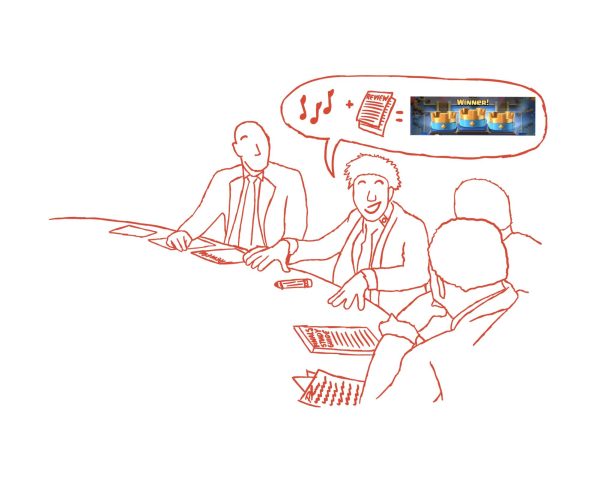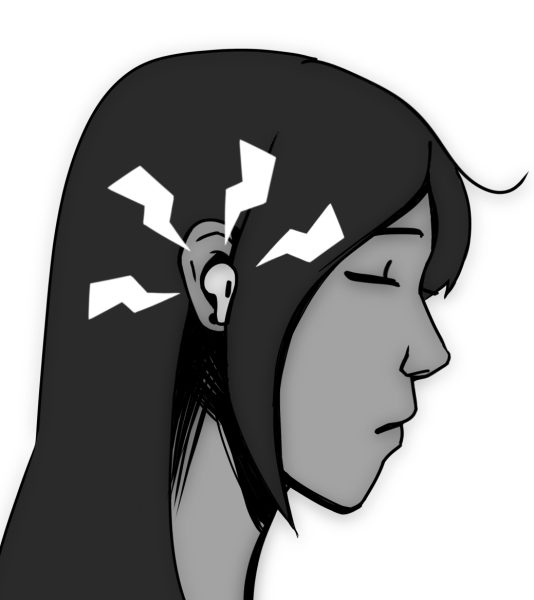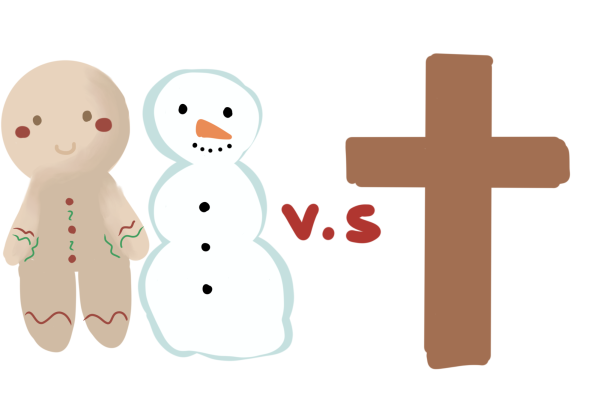Staff Editorial: Open your eyes to the joys of reading
In the mind of the student, the calendar year is distinctly and rigidly divided into the time spent in school and the time spent out of it. To many, the former period is many one of drudgery and oppression; the latter one of gaiety and freedom. It is no surprise, then, that at the end of May, students cast of the yoke of their studies and rush to do all the things from which during the school year they were so cruelly and despotically restrained.
At some point, however, these students learn that their freedom is not absolute, for the terrible specter of the Summer Reading Assignment arrives to remind them of the terrors of their scholastic past.
“Is there no rest?” they cry, rending their garments. “Will we be enslaved to books and homework all our lives?”
It is a peculiar psychological phenomenon, something akin to a Vietnam flashback, that causes such apoplexy at the thought of reading during the summer. To the student, reading—or reading by proxy of Shmoop—is inextricably joined to school, to pop quizzes, to vocabulary assignments and wild-goose chases for symbolism. They find this a chore, and when the doors are flung open at the end of the year, they readily abandon it. The only books they read during the summer are those assigned by the school as a way, in their minds, of usurping their liberty.
It would be a terrible shame if these students never discovered that reading for pleasure is not a contradiction in terms.
The novel is the most taxing form of entertainment; the reader is in many ways responsible for his own enjoyment. In his mind he must construct the action from the blueprint the author provides. The building that results depends both on the skill of the architect and the assiduousness of the carpenter.
This cooperation makes the novel inherently individualist. The reader builds only with the materials he has: his own knowledge and experience. Therefore, though the story is the same, every reader’s mental creation is different. The characters are amalgams of people the reader knows, not actors; the setting is how he, and not a set-builder, designs it. Every reader has his own Charles Darnay, his own Tom Sawyer, his own East Egg, shaped by the hands of the same potter but made from the clay of his own imagination.
To read, then, is to explore one’s own mind. There is no unmapped territory more thrilling.
Your donation will support the student journalists of Saint Viator High School. Your contribution will allow us to purchase equipment and cover our annual website hosting costs.







